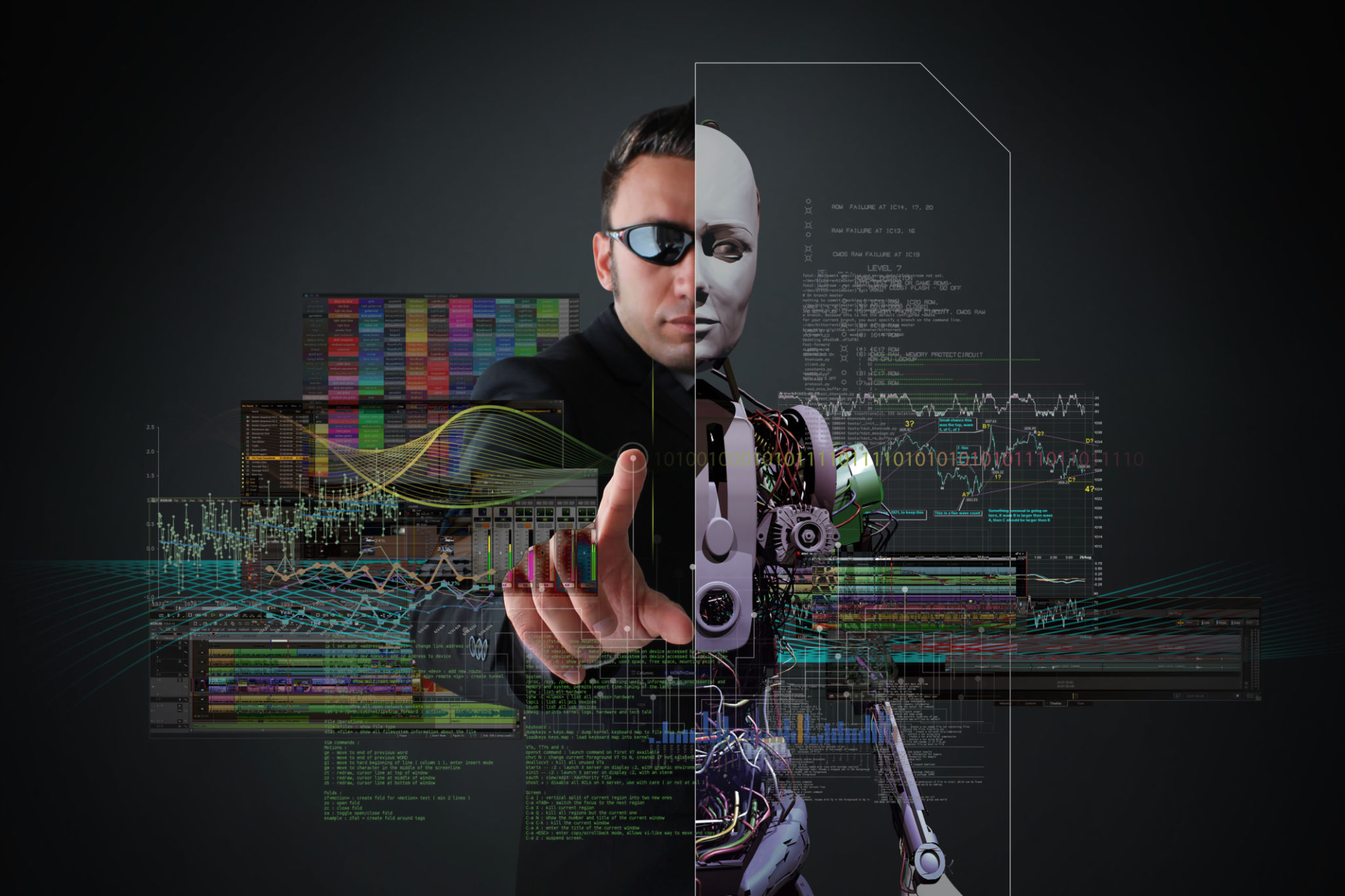The Connection Between Science Fiction and Truth: Exploring Hidden Narratives
Unveiling Science Fiction's Influence on Reality
Science fiction, a genre once relegated to the realms of futuristic fantasies and imaginative escapades, has progressively established itself as a powerful lens through which we can examine the truths of our world. From technological innovations to social dynamics, science fiction often blurs the boundary between imagination and reality, revealing hidden narratives that resonate deeply with our lived experiences.
One of the most compelling aspects of science fiction is its ability to foresee technological advancements. Often, what begins as speculative storytelling can evolve into tangible reality. Consider the communicators in "Star Trek," which inspired the development of modern mobile phones. This genre acts as a precursor to innovation, encouraging scientists and inventors to explore uncharted territories.

The Social Commentary of Science Fiction
Beyond technological foresight, science fiction serves as a mirror reflecting societal issues. Authors use futuristic settings to explore complex themes like inequality, environmental degradation, and authoritarianism. Through allegory and metaphor, these narratives challenge readers to confront uncomfortable truths about their societies and envision alternate paths forward.
For instance, George Orwell's "1984" continues to be a powerful critique of surveillance states and loss of personal freedoms. This work compels readers to question governmental power and the boundaries of privacy in today's digital age. Such narratives are not mere stories but cautionary tales urging vigilance and awareness.

Exploring Human Identity Through Fiction
Science fiction also delves into the essence of human identity and what it means to be human. As artificial intelligence and biotechnology advance, these stories become increasingly relevant. They challenge us to consider ethical dilemmas surrounding consciousness and the moral implications of creating life.
In works like Philip K. Dick's "Do Androids Dream of Electric Sheep?" and the subsequent film adaptation "Blade Runner," the lines between human and machine blur, prompting reflection on empathy, existence, and individuality. These narratives offer profound insights into the human condition and our relationship with technology.

The Role of Science Fiction in Shaping Culture
Science fiction not only reflects existing cultural norms but also shapes them. By presenting alternative realities, it encourages audiences to reimagine their worldviews and embrace diversity in thought and identity. The genre’s exploration of gender roles, race relations, and political ideologies can inspire societal change.
Shows like "The Expanse" showcase a future where humanity has spread across the solar system, highlighting both the possibilities for unity and conflict. These narratives push us to consider how our current actions may impact future generations and encourage more inclusive conversations about human progress.
The Collaborative Nature of Science Fiction
A unique aspect of science fiction is its collaborative nature among creators, scientists, and audiences. This genre thrives on community engagement, with fans often contributing their interpretations and expanding upon existing worlds. This dynamic interaction fosters a continuous exchange of ideas that enrich both scientific inquiry and storytelling.

In today's rapidly changing world, science fiction's role as both a predictor and influencer is more critical than ever. By exploring hidden narratives within these stories, we gain valuable insights into our present challenges and future opportunities. As we continue to unravel these connections, science fiction remains an essential tool for understanding the truths of our universe.